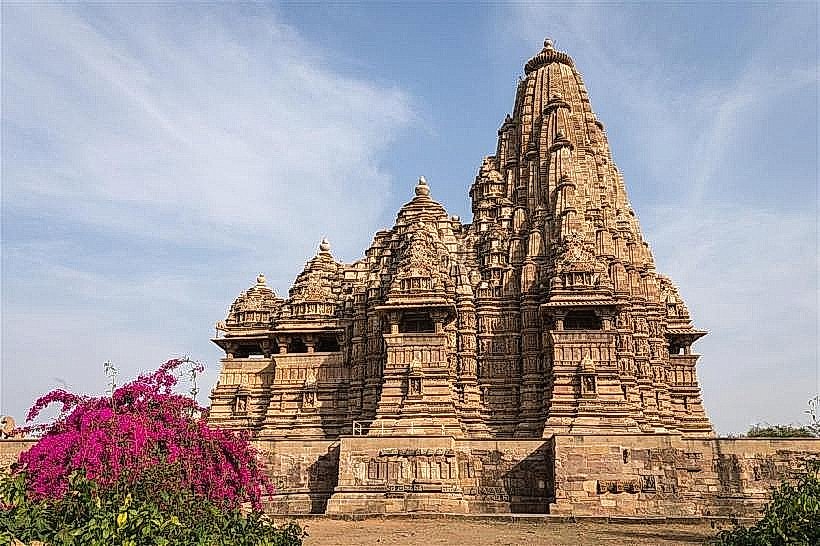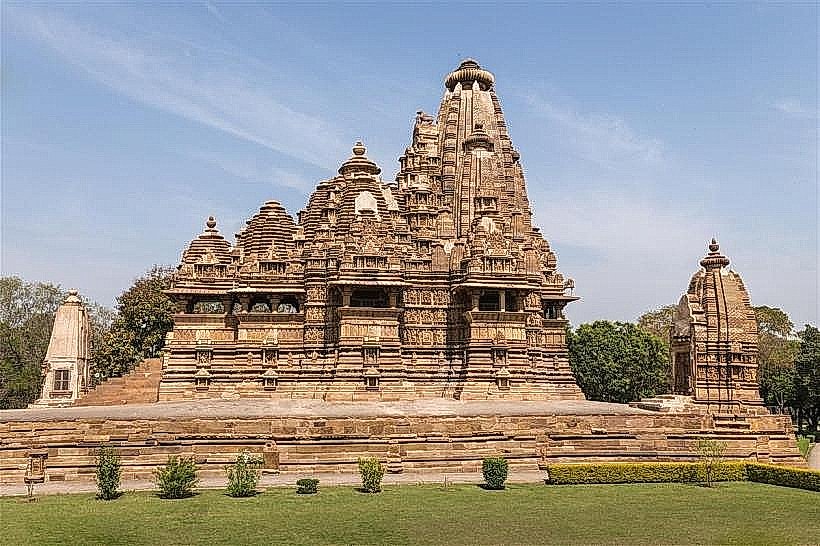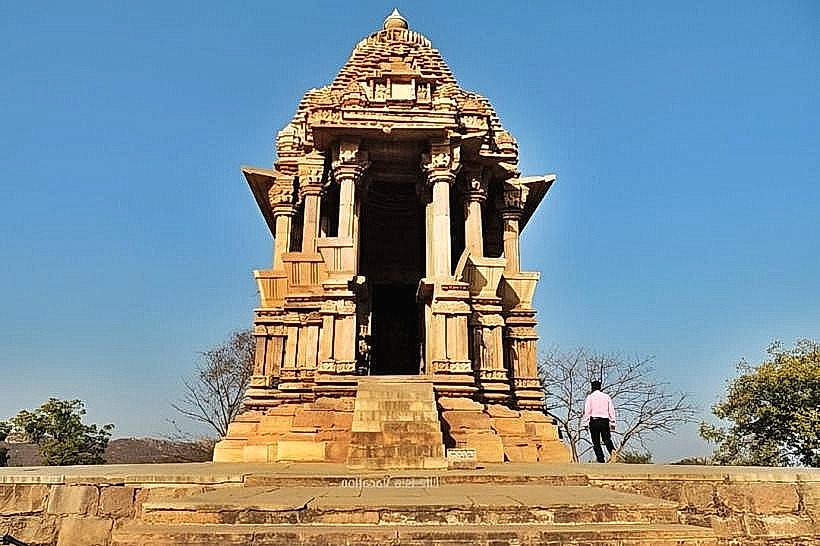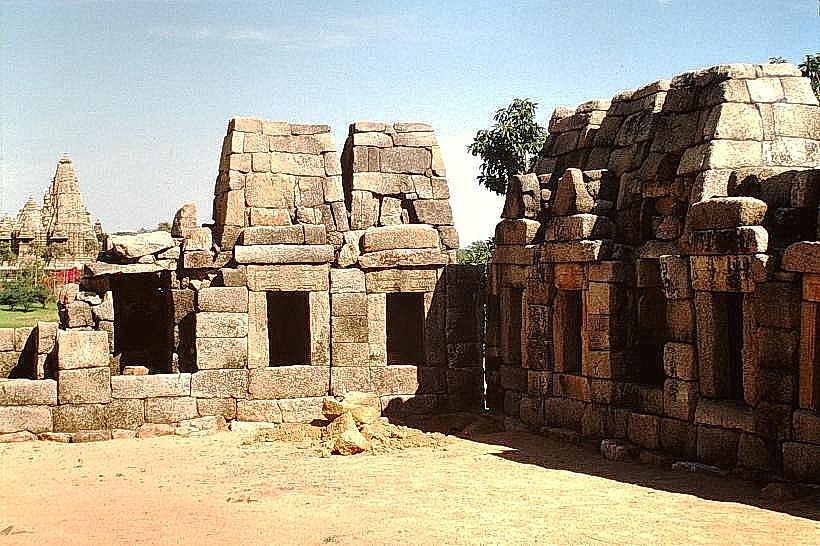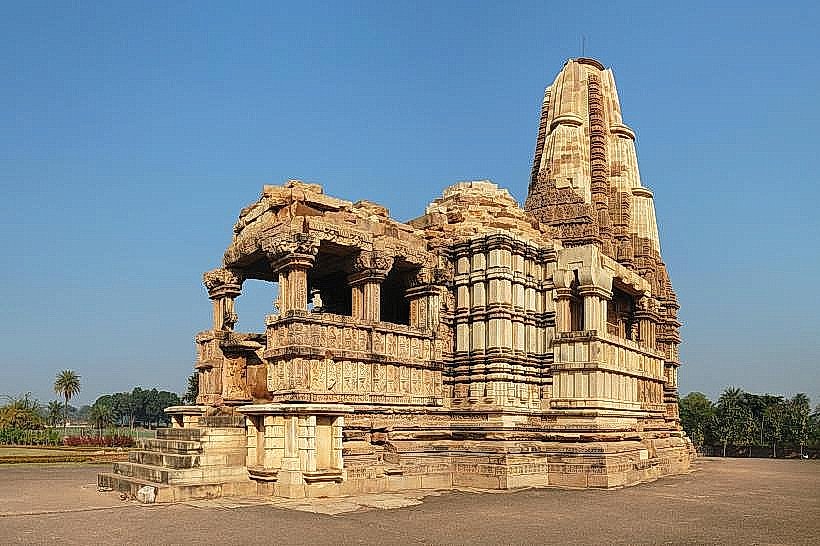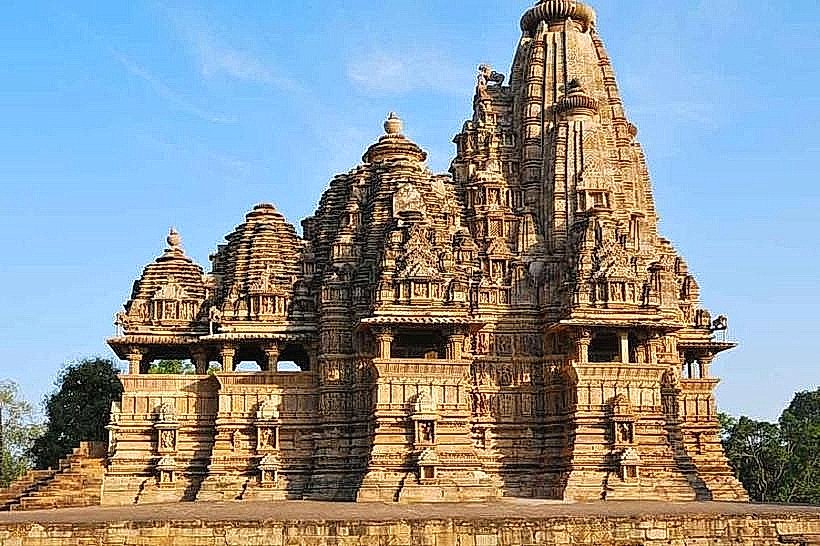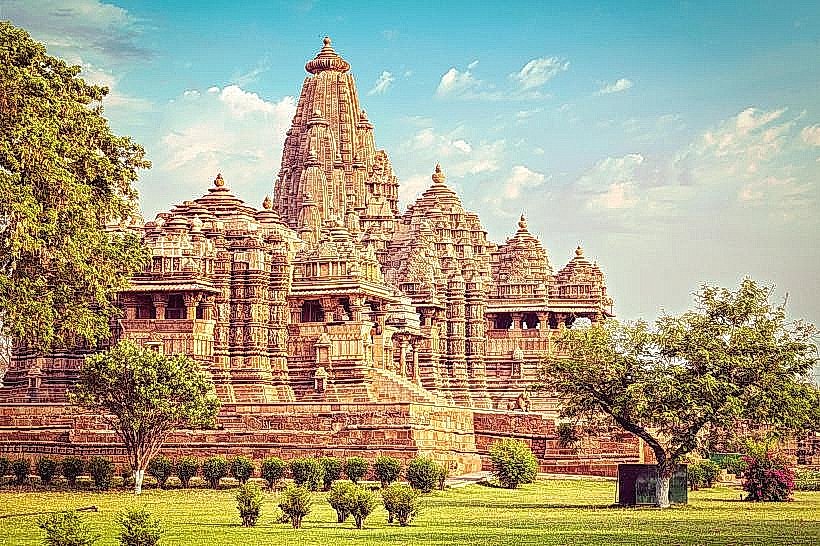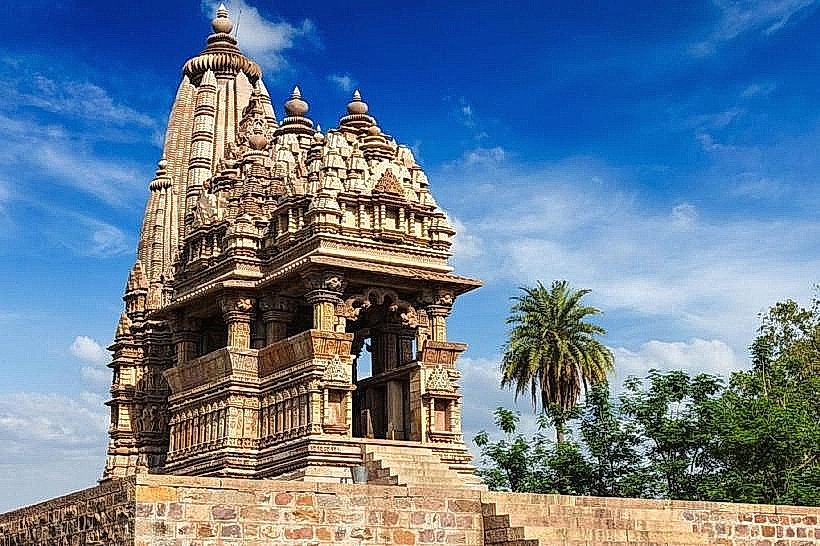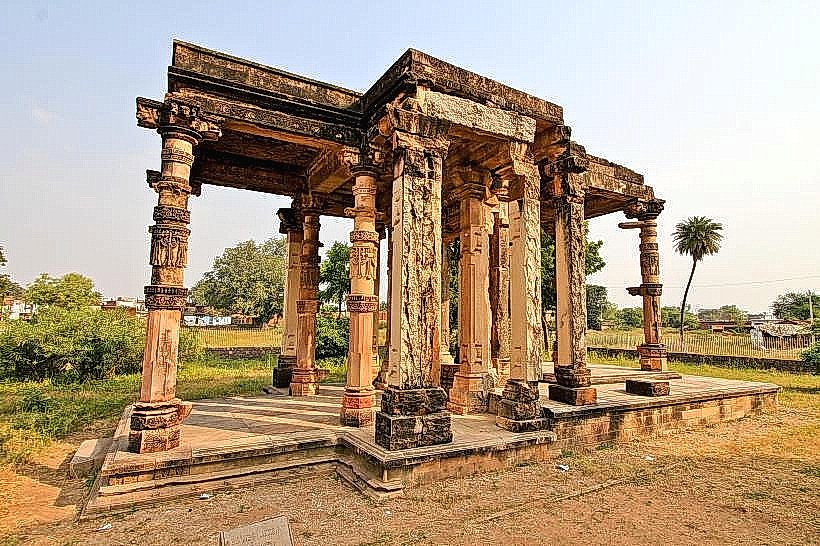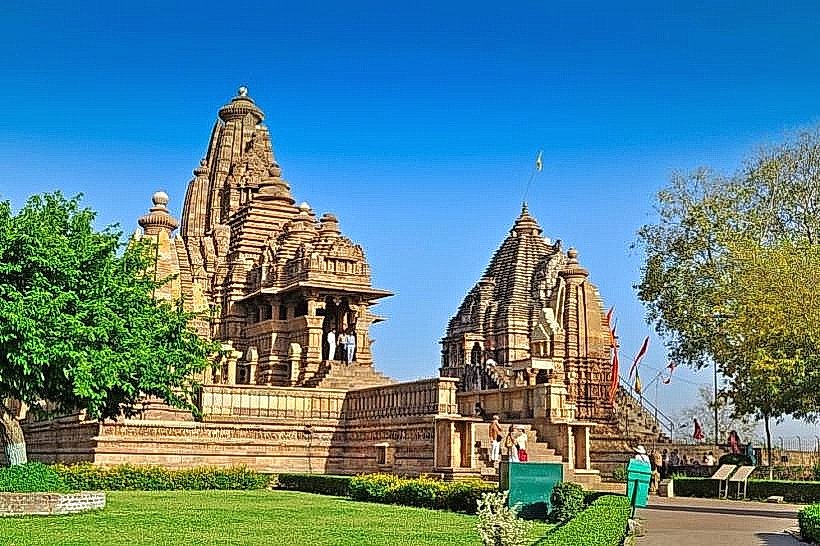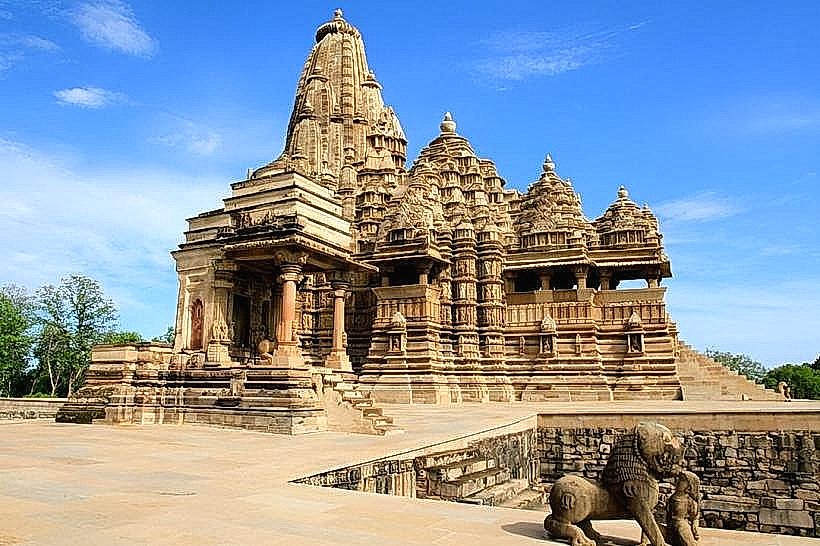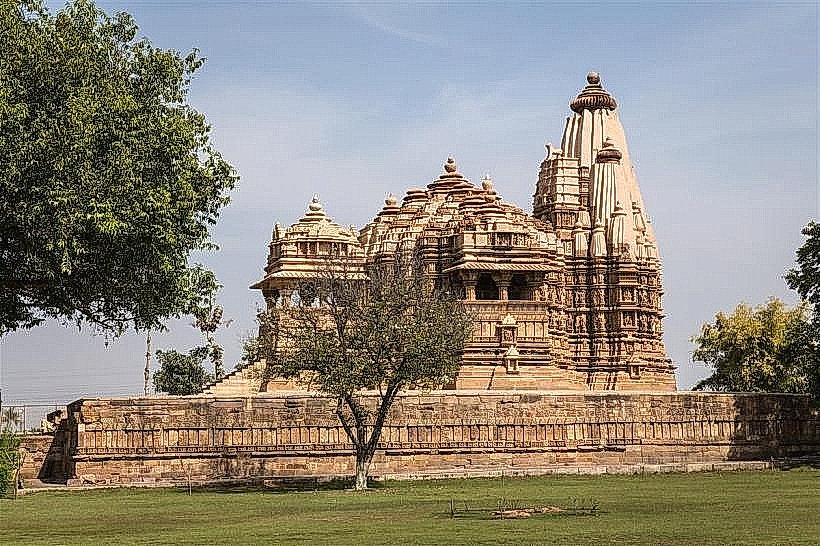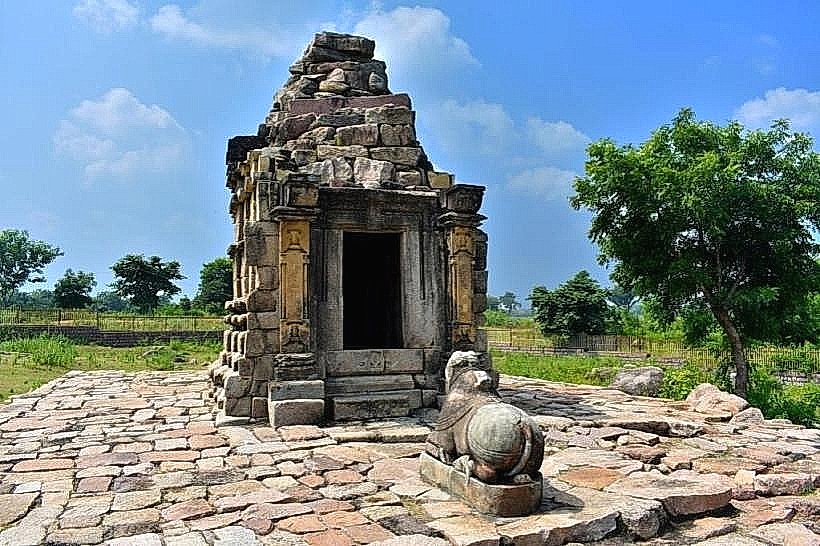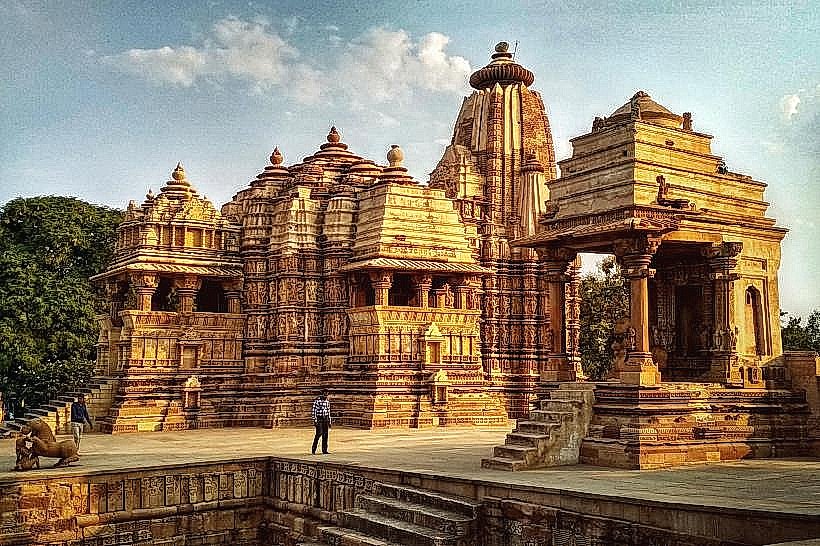Information
Landmark: Lakshmana TempleCity: Khajuraho
Country: India
Continent: Asia
Lakshmana Temple, Khajuraho, India, Asia
The Hauz Khas Complex is a historical urban park and monument site located in South Delhi, India.
Visual Characteristics
The complex features a large reservoir (Hauz Khas) surrounded by various historical structures constructed primarily from red sandstone and grey stone. Architectural styles present include Islamic, Mughal, and Lodi-era elements. Structures include tombs, mosques, and pavilions, characterized by arches, domes, and minarets. The surrounding parkland is characterized by dense vegetation, including mature trees and manicured gardens.
Location & Access Logistics
The Hauz Khas Complex is situated approximately 8 kilometers south of Connaught Place, New Delhi. Access is via Aurobindo Marg and then onto Hauz Khas Road. Parking is available within designated lots near the main entrance, though it can be limited during peak hours. The nearest metro station is Hauz Khas (Yellow Line and Magenta Line), approximately 1 kilometer from the complex entrance. Auto-rickshaws and taxis are readily available from the metro station.
Historical & Ecological Origin
The reservoir, Hauz Khas (meaning "Royal Tank"), was built by Alauddin Khilji in 1305 CE to supply water to the inhabitants of his then-capital city, Siri. The surrounding complex was later developed during the Tughlaq dynasty, notably by Firoz Shah Tughlaq, who added a madrasa (Islamic school) and tombs, including his own. The area is an example of urban water management and architectural development from the Delhi Sultanate period.
Key Highlights & Activities
Visitors can explore the tomb of Firoz Shah, the madrasa ruins, and the mosque. Walking paths surround the reservoir, offering views of the historical structures. Photography is permitted. The complex is a popular spot for birdwatching. Entry to the park and most monuments is free.
Infrastructure & Amenities
Restrooms are available within the complex. Shaded areas are provided by mature trees and some covered structures. Cell phone signal (4G/5G) is generally good within the complex. Food vendors and small eateries are located outside the main entrance and along the road leading to the complex.
Best Time to Visit
The best time of day for photography is early morning or late afternoon when the sunlight provides optimal illumination on the sandstone structures. The most favorable months for visiting are from October to March, when the weather is cooler and drier. The reservoir's water level varies seasonally.
Facts & Legends
A local legend suggests that the reservoir was once filled with honey (shahad) instead of water, hence its name, though historical accounts confirm it was built for water supply. The complex is also known for its association with Sufi saints and scholars who resided and taught in the madrasa.
Nearby Landmarks
- Lotus Temple (0.8km Southeast)
- Qutub Minar (3.5km Southwest)
- Garden of Five Senses (1.2km West)
- Deer Park (0.3km North)
- Saket District Centre (2.0km Southwest)

